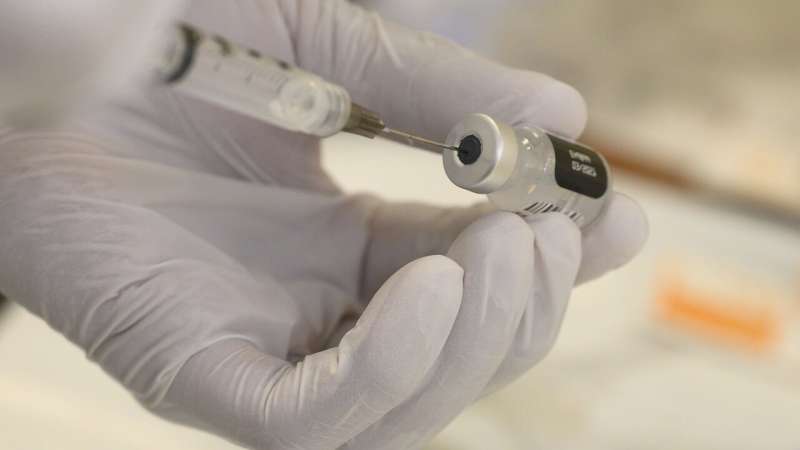Research Reveals That Even Mild Tropical Cyclones Increase Infant Mortality in Low-Income Countries

New research shows that even mild tropical cyclones significantly increase infant mortality rates in low- and middle-income countries, highlighting the need for stronger disaster protection and health measures.
Recent studies highlight the alarming impact of tropical cyclones, including those below hurricane and typhoon strength, on infant mortality rates in low- and middle-income nations. Published in Science Advances, this research examined nearly 1.7 million child records from countries such as Madagascar, India, Bangladesh, Cambodia, the Philippines, the Dominican Republic, and Haiti, revealing that exposure to these storms significantly elevates the risk of infant death, especially within the first year after a cyclone occurs.
The findings show an average increase of 11% in infant mortality, correlating to approximately 4.4 additional deaths per 1,000 live births. Notably, the heightened risk was most pronounced in the first year following a storm and did not persist beyond two years. Interestingly, the increased mortality was not linked to reduced prenatal care or worsening nutrition, which are common effects of natural disasters.
"The mortality impact appears to stem from factors beyond healthcare access and nutrition," explained lead researcher Zachary Wagner, an associate professor at USC. This suggests other underlying causes that require further investigation.
The study also indicates that both intense and less severe tropical storms contribute to child mortality. As climate change potentially increases the frequency and intensity of such storms, especially in vulnerable regions, protecting children's health becomes even more critical.
Impact patterns varied among countries. In Bangladesh, Haiti, and the Dominican Republic, the rise in infant deaths exceeded 10 per 1,000 births following cyclones, whereas in nations like India, the Philippines, Cambodia, and Madagascar, the increase was minimal or absent. These disparities might be attributed to differences in disaster preparedness, geographic vulnerabilities, housing quality, and existing public health infrastructure.
Understanding these country-specific factors is vital for designing targeted interventions. "Some countries benefit from mountainous terrains or better evacuation systems, while others rely on less durable housing or face repeated health burdens from diseases like malaria," said Wagner. Future research aims to clarify these differences to inform policies that can better shield children from the escalating threats brought on by climate change.
This study was carried out by a team across multiple institutions, including Stanford University, RAND Corporation, Johns Hopkins University, and Belgium’s UCLouvain, emphasizing a global collaborative effort to address this pressing issue. The research underscores the urgent necessity for enhanced disaster response strategies and child health safeguards in the face of rising climate risks.
Stay Updated with Mia's Feed
Get the latest health & wellness insights delivered straight to your inbox.
Related Articles
Prolonged Wet Cough in Children Could Indicate Bacterial Infection Requiring Treatment, Study Finds
Persistent wet coughs in children may signal bacterial infections that require medical attention to prevent long-term lung damage, new research suggests.
Study Finds Player Position Affects ACL Injury Risk in NFL Athletes
A new study shows that NFL player positions, especially wide receivers and tight ends, influence the risk of ACL injuries, with implications for prevention and safety in football.
New Study Finds Low Risk of Second Cancers After Early Breast Cancer Treatment
A comprehensive study shows that women treated for early breast cancer face a low long-term risk of developing second primary cancers, with most risks being manageable and outweighed by treatment benefits.
More States Expand Access to COVID-19 Vaccines Despite Federal Restrictions
Several U.S. states are expanding access to COVID-19 vaccines by issuing policies that bypass federal restrictions, aiming to improve vaccination rates and clarify availability amid changing federal guidelines.



